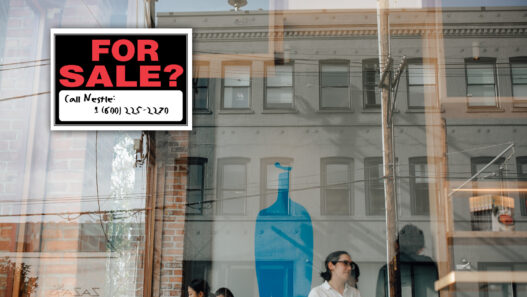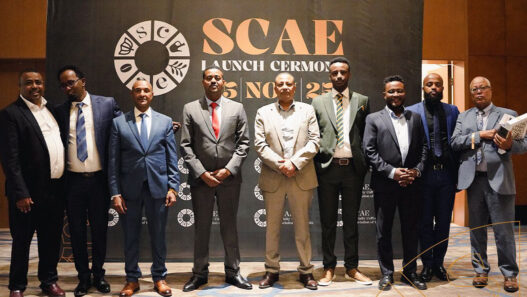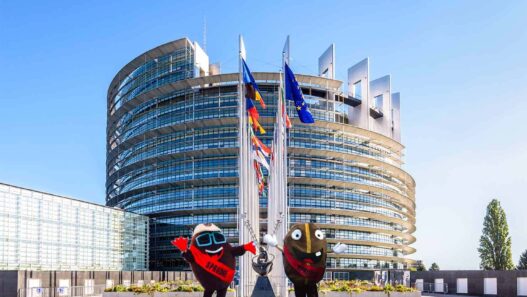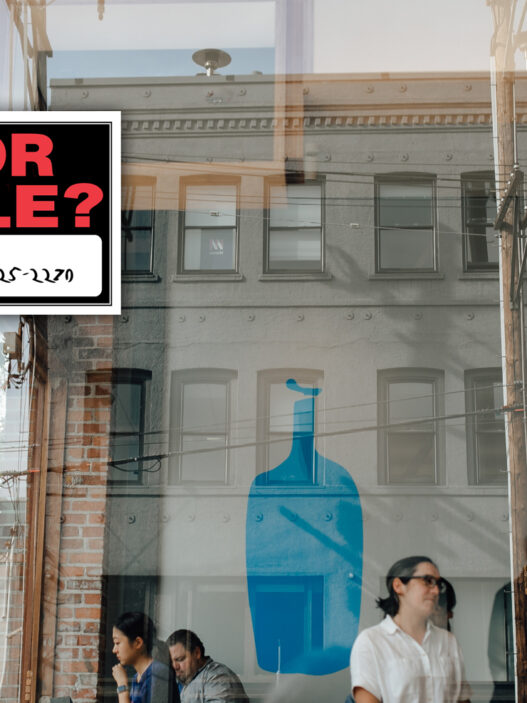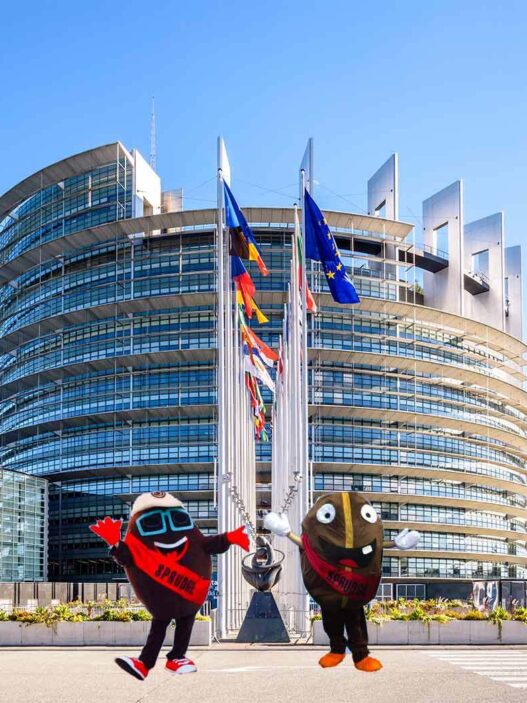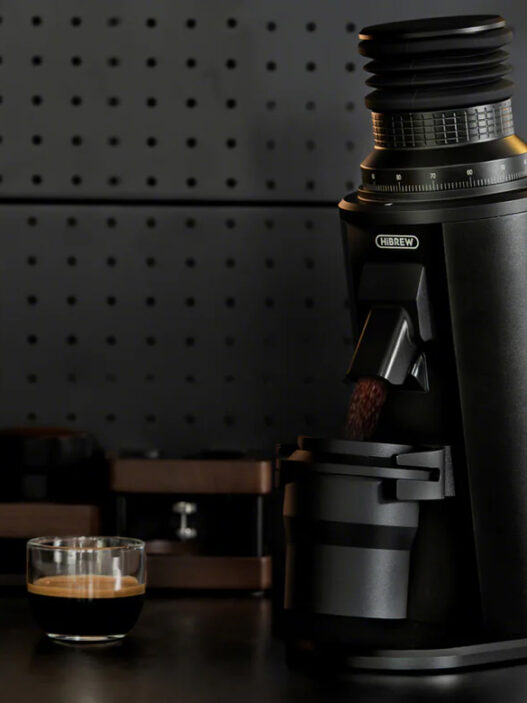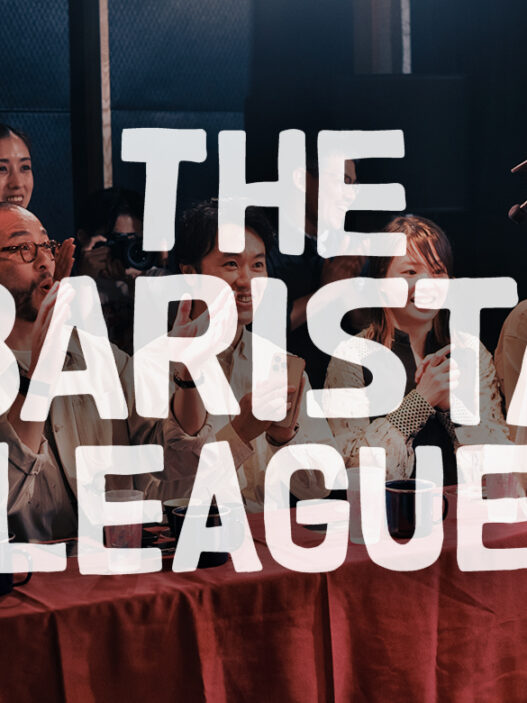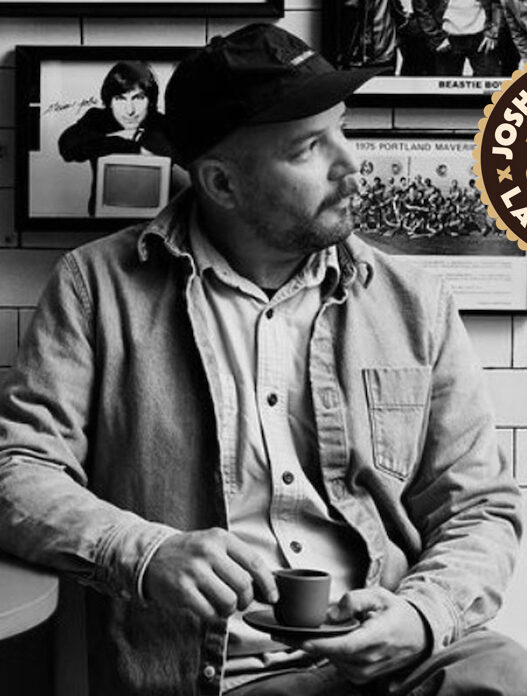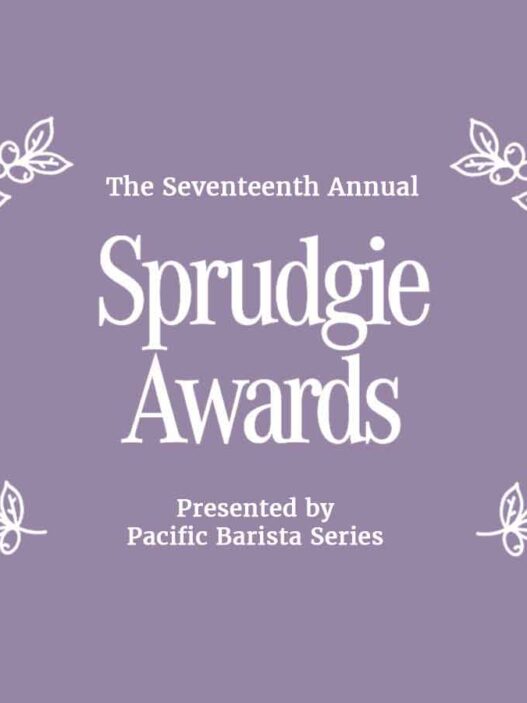One of the biggest challenges in coffee’s fight for carbon neutrality comes via transport. Coffee often goes from origin to importer/exporter to roaster and can hop oceans a number of times to do so. Generally, they travel by shipping container atop large, fossil fuel-burning cargo tankers and has been seen as a sort of necessary evil in the global coffee trade.
But one coffee exporter in Brazil is combining antiquity with modern technology to come up with an eco-friendly alternative. Fazenda Ambiental Fortaleza (FAF) will now be shipping their coffees by a wind- and solar-powered sailboat.
It is a continuation of FAF’s commitment to sustainability in coffee production. As part of the Sprudge Special Projects desk, we featured FAF’s and Felipe Croce’s efforts to bring regenerative practices to the Brazilian farm. For the latest endeavor, FAF has teamed up with French importing company Belco Coffee—who have been bringing in coffee and cacao by sailboat for some time—and eco-transport company TOWT, who will be operating the ship. Together, they will ship coffee via the Artemis, “a sailboat ship powered by solar energy and wind,” per an Instagram post by FAF announcing the partnership. The Artemis, per the post, is completely free of carbon emissions.
While sustainability is at the heart of the initiative, there are knock-on benefits. FAF notes that the move allows them to no longer be reliant on the larger shipping companies that caused delay on “100% of [their] exports” for the year.
Sailboats are becoming an increasingly considered avenue for transport for the sustainability minded. Along with Belco, Cornwall’s New Dawn Traders have been importing coffee, olive oil, and panela sugar, all by wind-powered sailboat.
The major drawback of this kind of shipping is the cargo capacity. Whereas tradition tankers can carry around 38,000 tonnes, TWOT ships can only hold a small fraction of that, around 1,100 tonnes. The issue then becomes scale. Can a larger fleet or perhaps even larger eco-ships create a viable avenue for more sustainable trade on a much larger scale? Still, it’s a promising start to answering one of the biggest sustainability issues facing coffee.
Zac Cadwalader is the managing editor at Sprudge Media Network and a staff writer based in Dallas. Read more Zac Cadwalader on Sprudge.




